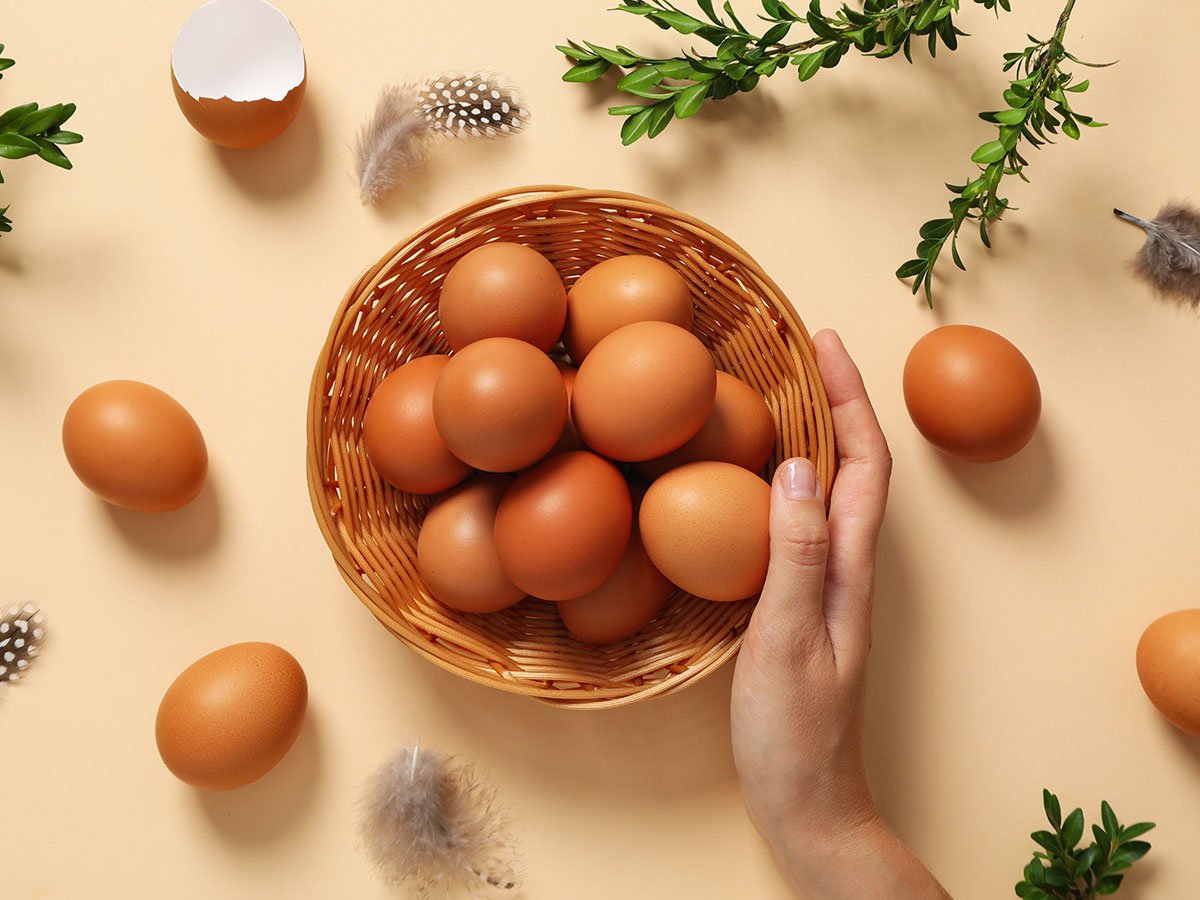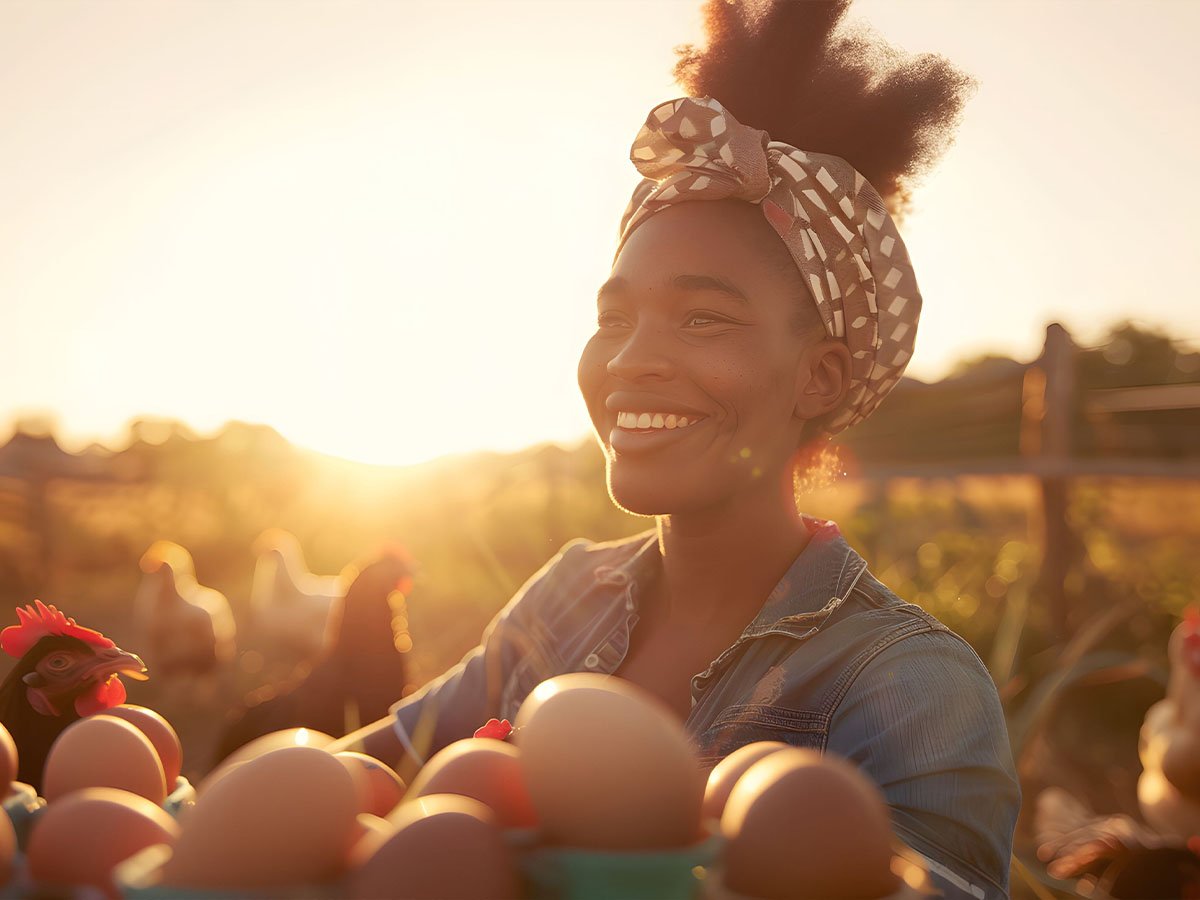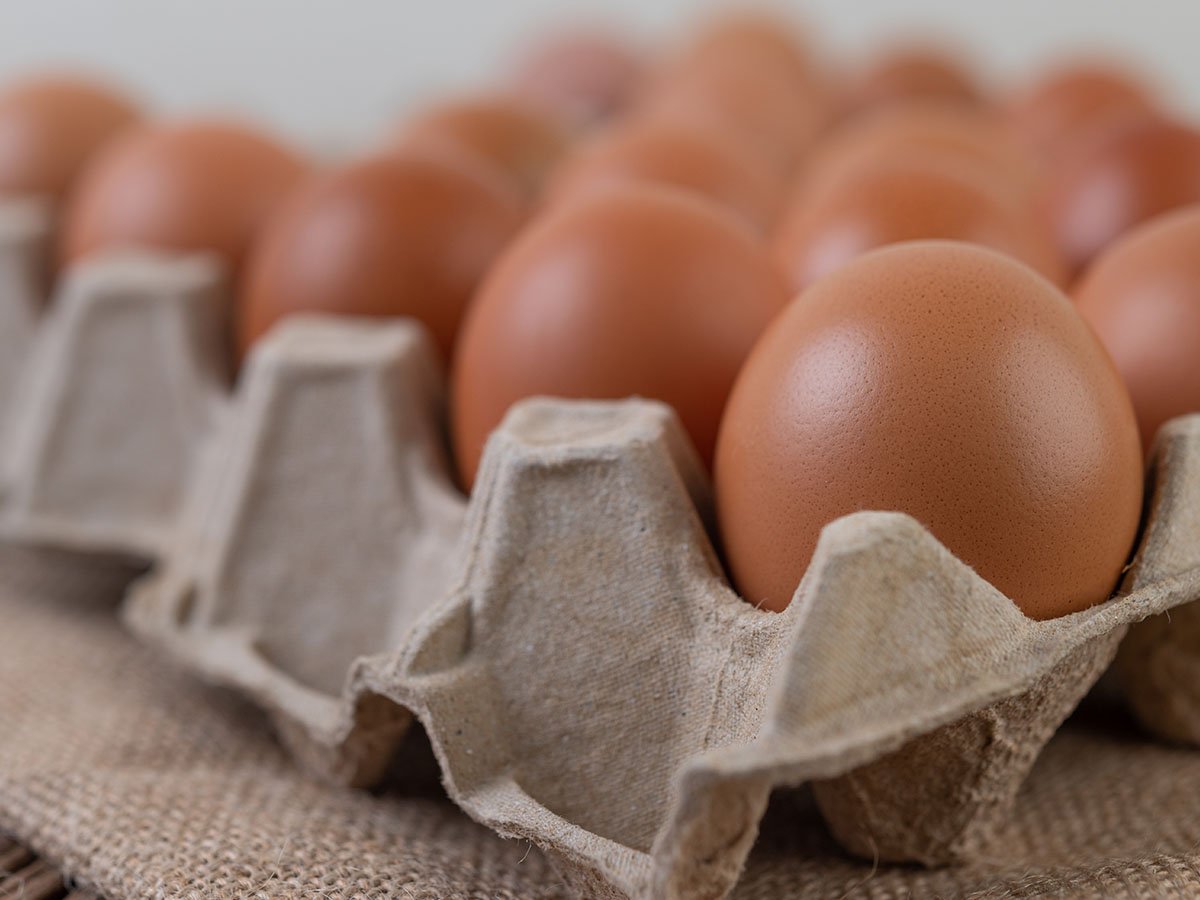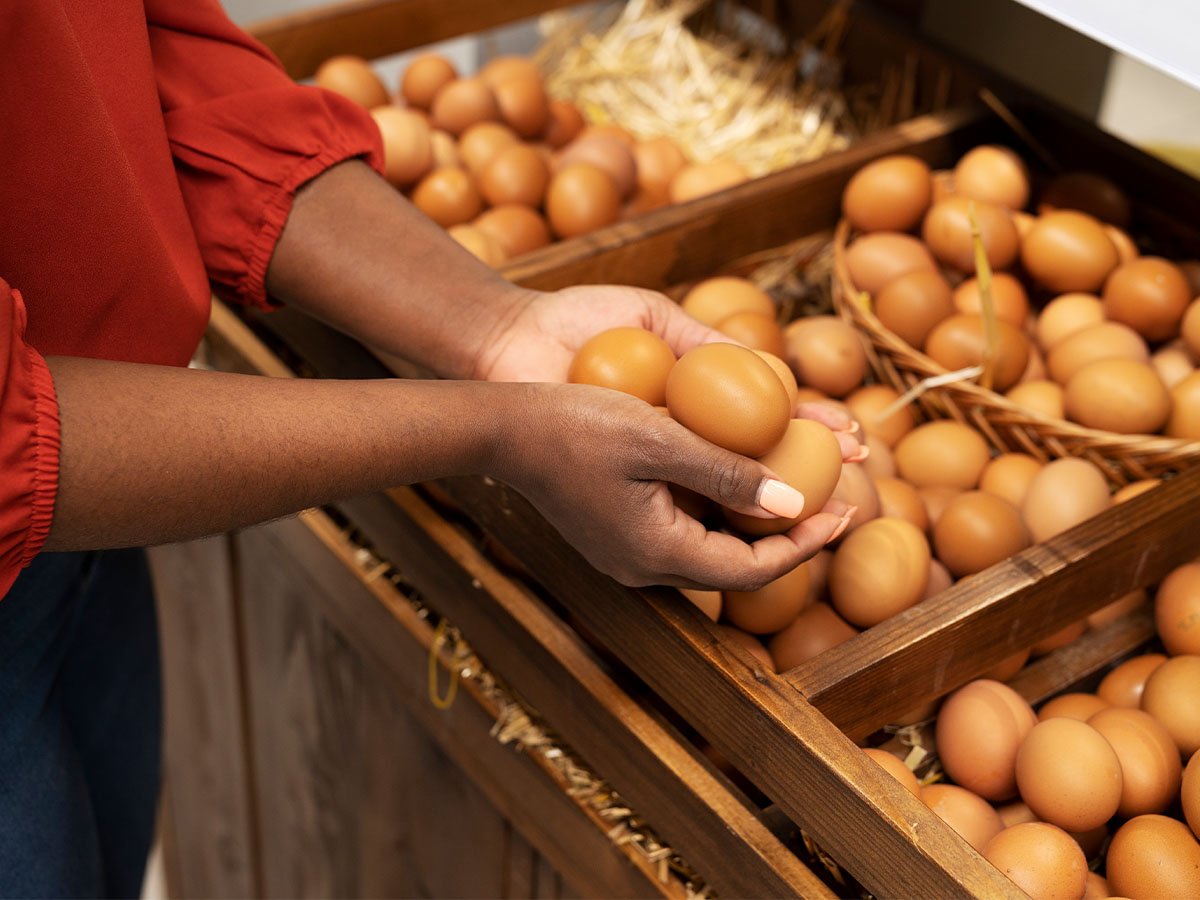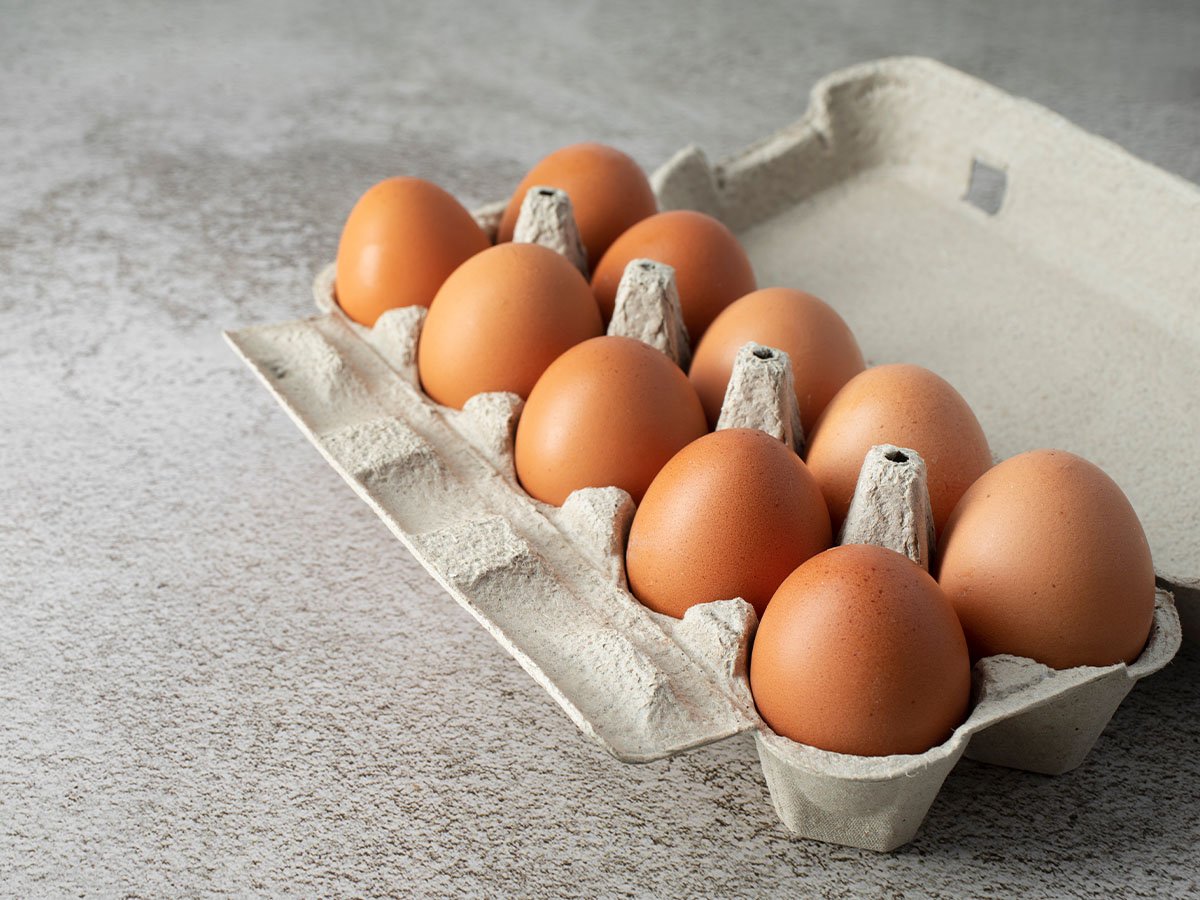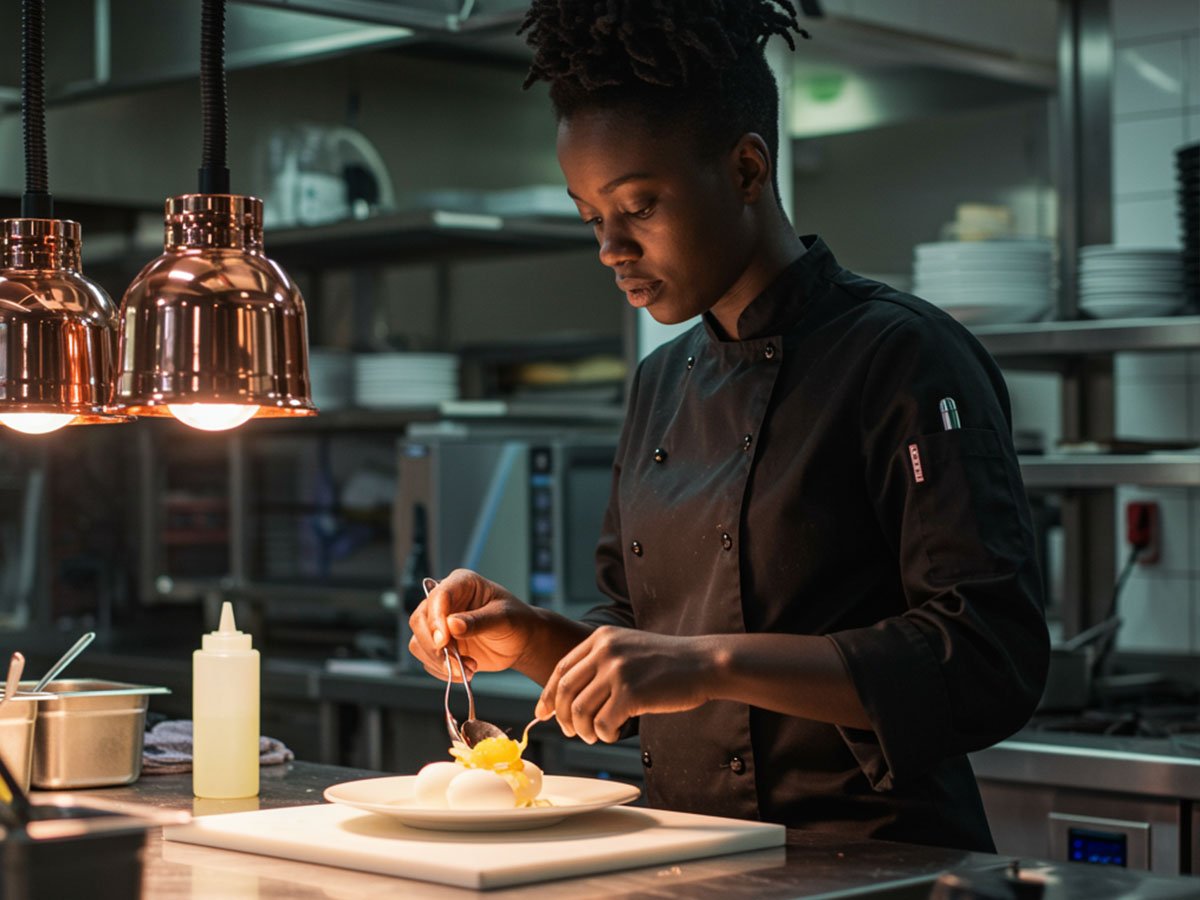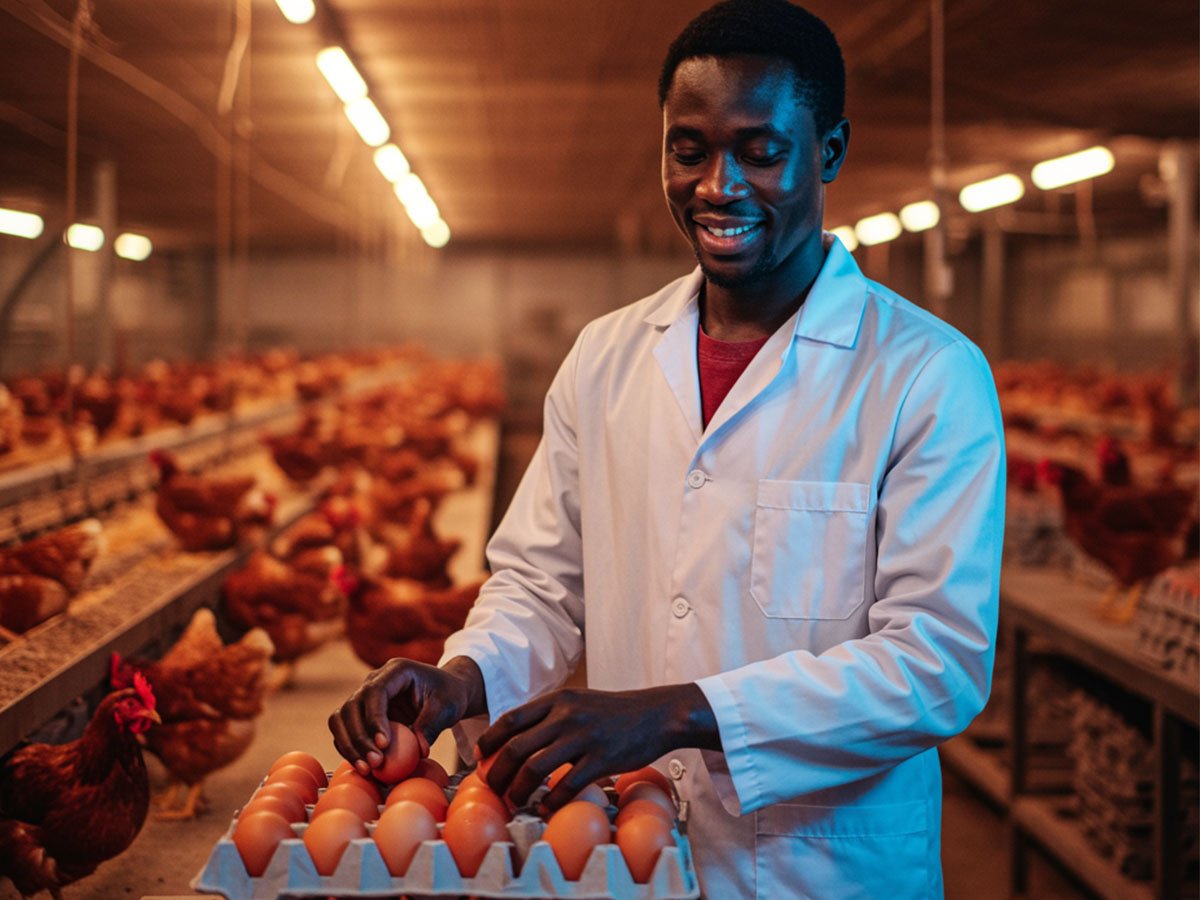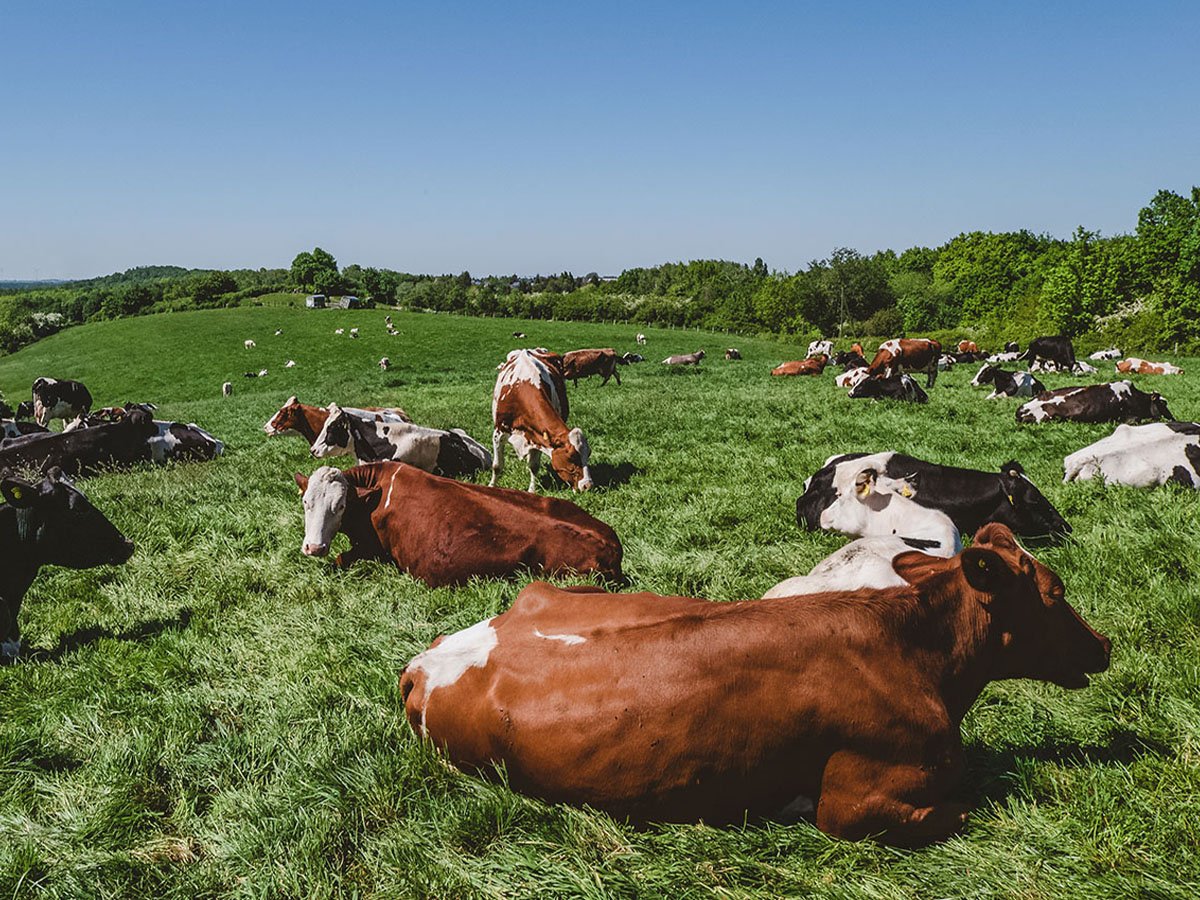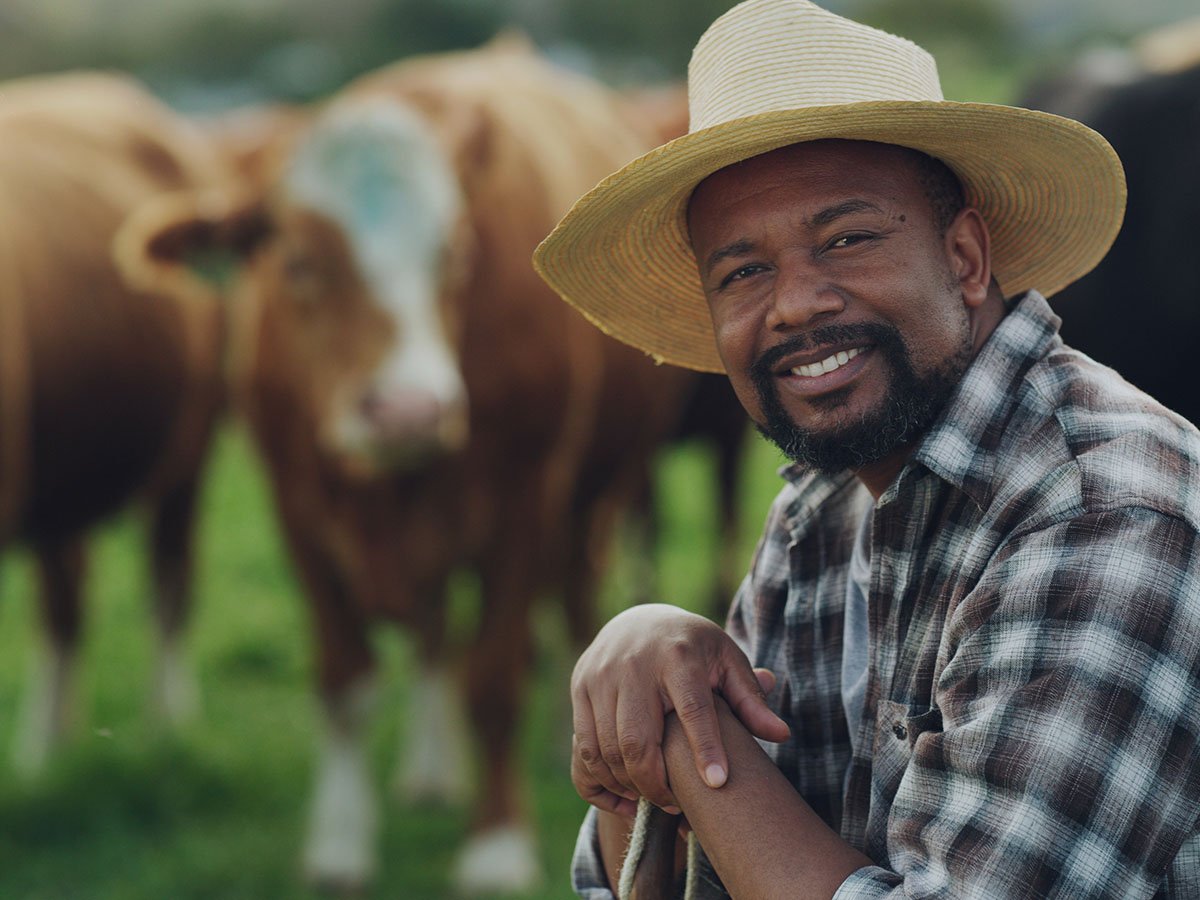Eggs Wholesaler in Kenya: How Soba Renaissance Combines Science, Farming, and Reliability
Introduction: More Than Just an Egg Supplier
The egg market in Kenya is massive. From households and hotels in Nairobi to schools, hospitals, and catering companies across the country, eggs are among the most consumed animal products. But not all eggs are created equal. Behind the tray you buy from a wholesaler lies a detailed farming process that determines quality, freshness, and nutritional value.
As a leading eggs wholesaler in Kenya, Soba Renaissance goes beyond supply and logistics. We manage the entire farming cycle from poultry genetics and feed formulation to grading, storage, and delivery. This self-reliant, science-backed approach makes us the trusted egg supplier for institutions and businesses in Nairobi and across Kenya.
1. The Science of Poultry Farming at Scale
Wholesale egg supply starts with the science of poultry management. At Soba Renaissance, we carefully select poultry breeds suited to Kenya’s climate and wholesale demand.
-
Layer breeds: We rear high-performance breeds like Hy-Line and ISA Browns that consistently produce large, uniform eggs.
-
Hen health: Veterinary science, strict vaccination schedules, and proactive disease control reduce risks like Newcastle and coccidiosis.
-
Productivity cycles: Lighting programs and feed timing keep laying rates steady, ensuring a reliable flow of eggs for wholesale buyers.
This scientific base ensures that our wholesale clients from Nairobi restaurants to Kisumu institutions receive eggs that are consistent in size, quality, and nutrition.
2. Feed Formulation and Nutritional Science
An egg is only as good as the feed behind it. At Soba Renaissance, we take a scientific approach to feed formulation:
-
Balanced proteins and amino acids for higher laying performance.
-
Calcium and phosphorus for stronger shells.
-
Vitamins A, D, and E to boost hen immunity and improve egg nutrition.
-
Omega-3 enrichments to create healthier yolks for consumers.
Unlike many wholesalers who rely on external farms with inconsistent feed, our self-reliant feed system ensures eggs that are both nutrient-rich and predictable in quality.
3. Egg Collection, Grading, and Quality Control
For wholesalers, consistency is everything. That’s why we use a structured grading and quality control system:
-
Multiple daily collections to reduce contamination risks.
-
Grading machines to sort eggs by size for institutions and retail packaging.
-
Candling inspections to detect cracks or internal defects.
-
Traceable batch codes to ensure transparency in every delivery.
This process makes Soba Renaissance a wholesaler that doesn’t just move volume we deliver precision, safety, and traceability.
4. Storage and Cold Chain Logistics
Egg freshness is not just about when it was laid—it’s also about how it’s stored and transported.
-
Temperature-controlled storage prevents rapid spoilage.
-
Hygienic packing systems reduce contamination.
-
24–48 hour logistics models ensure eggs move from farm to wholesale buyers with minimal delays.
That means restaurants in Nairobi, schools in Eldoret, or hotels in Mombasa all receive eggs that are often 7–10 days fresher than supermarket stock.
5. Serving Hotels, Schools, and Institutions
Wholesale egg demand is highly specialized. Hotels need uniform trays, schools need bulk affordability, and hospitals require guaranteed safety standards.
Soba Renaissance tailors supply to meet each need:
-
Hotels and restaurants: Large, uniform eggs ideal for baking and professional kitchens.
-
Schools and universities: Bulk deliveries at affordable rates, without compromising nutrition.
-
Hospitals and health facilities: Hygienic, traceable, and nutrient-dense eggs for patient meals.
This client-focused wholesale approach ensures long-term partnerships built on reliability.
6. A Self-Reliant Farm for Reliable Wholesale Supply
Unlike brokers who depend on third-party farms, Soba Renaissance operates a self-reliant, vertically integrated farm.
-
We grow feed to reduce costs and improve independence.
-
We recycle manure into organic fertilizer, supporting circular farming.
-
We integrate sustainable energy solutions to reduce carbon footprints.
This independence ensures stable pricing and supply security a critical advantage for wholesale clients in Kenya’s volatile food market.
7. Why Soba Renaissance is Kenya’s Leading Eggs Wholesaler
When institutions and businesses choose Soba Renaissance as their wholesaler, they’re not just buying eggs they’re buying into a system of science, ethics, and reliability.
-
Consistent quality through science-driven farming.
-
Ethical, cage-free practices for healthier hens and eggs.
-
Reliable supply with self-reliant farming models.
-
Local roots in Nairobi with nationwide reach.
This makes Soba Renaissance not just another wholesaler in Kenya, but a brand setting the gold standard in egg supply.
Conclusion: Redefining Wholesale Egg Supply in Kenya
Wholesale egg farming in Kenya is evolving. Buyers are no longer satisfied with low-cost, unpredictable eggs from middlemen. They want traceability, nutrition, consistency, and transparency.
By blending poultry science, feed technology, biosecurity, and logistics precision, Soba Renaissance is redefining what it means to be an eggs wholesaler in Kenya.
So whether you run a Nairobi hotel, a Mombasa school, or a Kisumu hospital, partnering with Soba Renaissance guarantees you more than eggs you get quality you can trust, freshness you can taste, and a proudly Kenyan brand you can rely on.


